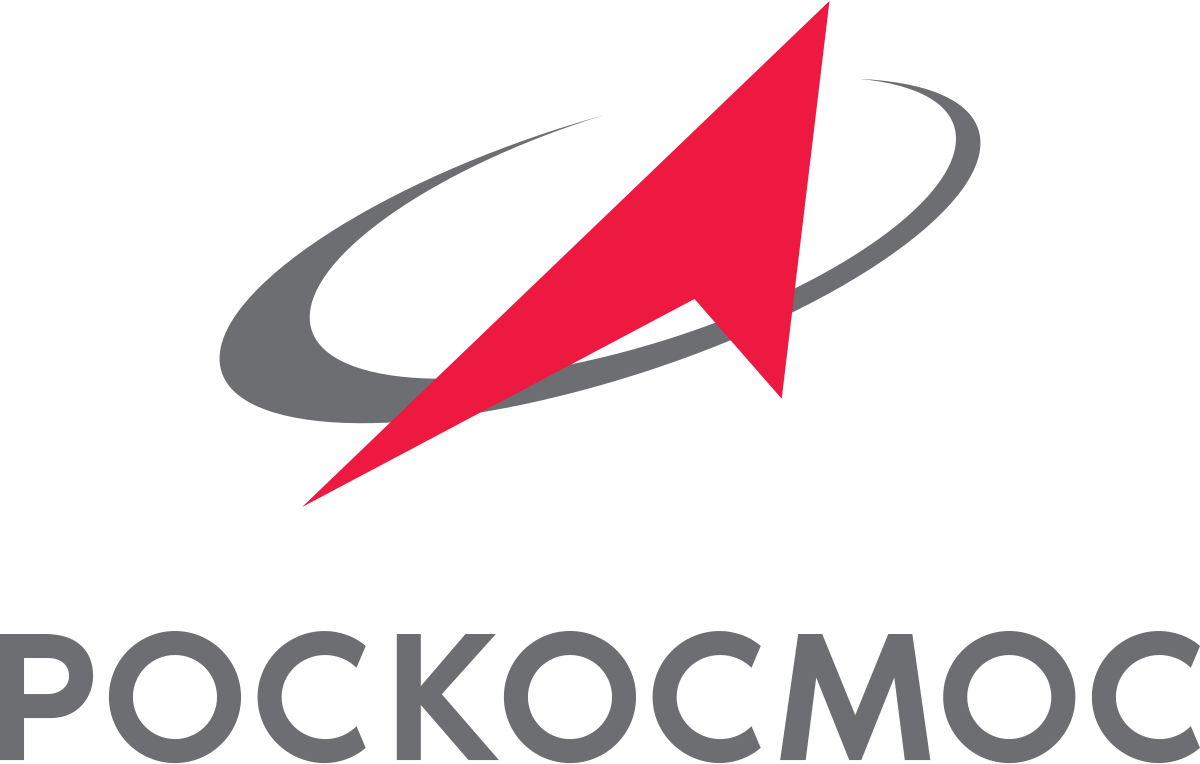Russia launched its Nauka module into orbit yesterday to rendezvous with the International Space Station (ISS). Unfortunately, a computer glitch prevented it from firing its main engines. When Nauka was unable to execute its first orbit-raising burn, there were concerns that the mission would fail. The Nauka team on Earth was able to perform a course correction and the module is now in the proper orbit to reach the ISS.
The Nauka module, which is formally known as the Russian Multipurpose Laboratory, has been in development since the late 1990s. It was supposed to launch in 2007 but an array of technical problems such as dirty fuel tanks and aging components pushed back the schedule. Two components intended for the module, the airlock and a radiator, were launched to the ISS eleven years ago where they have been sitting in storage waiting for the arrival of the Nauka module.
Yesterday, the Nauka module and a new European robotic arm were launched from the Baikonur in Kazakhstan on a Proton-M rocket. The launch proceeded as expected with the forty-three-thousand-pound module attaining orbit and executing all three separation states. The module is expected to rendezvous with the ISS on July 29th. It will dock with the nadir port of the Russian Zvezda module.
Earlier today, there were fears that the mission might be in jeopardy because a problem with the onboard computer prevented the use of its main engines which were needed to boost the module to higher orbits. Nauka needed those engines to make course corrections that will bring it to the ISS and prevent it from falling back into the Earth’s atmosphere. At 3:10 PM, EDT on the 22nd of July, Roscomos tweeted that the test-firing of the main engines and the orbit correction burn were nominal.
The Pirs Docking Compartment is currently occupying the docking slot which will receive the Nauka. The Pirs was scheduled to be moved on Friday, July 23rd but that was postponed until July 24th at 8 PM EDT. Pirs will only be moved if and when it was confirmed that Nauka was confirmed as being enroute to the ISS.
Jonathan McDowell is an astrophysicist at the Harvard-Smithsonian Center for Astrophysics, He said, “a software error caused a problem in the main engines,” making them unusable for a while. The initial burn, he said, would have to be made with “smaller backup engines.”
The problem with the main thrusters is not the only issue confronting the mission. SpaceNews reported that those problems included “the inability to confirm that an antenna and docking target deployed as expected, as well as issues with infrared sensors and thrusters.” It is not “immediately clear how serious the problems were and if they would affect plans for docking.”
Any difficulties that would prevent the Nauka module from successfully docking with the ISS would be a major blow to the Russian space station program which has been struggling with aging infrastructure and U.S. sanctions directed at its space industry.
